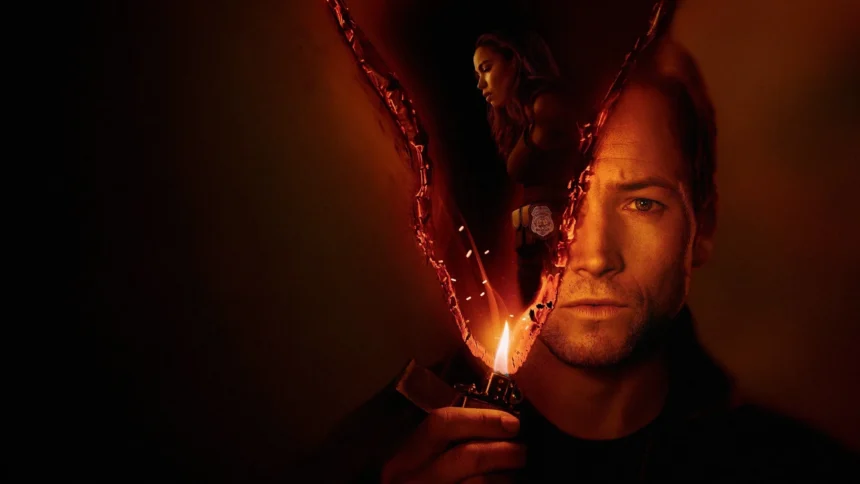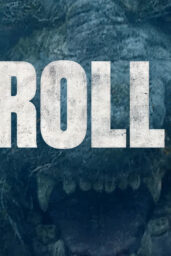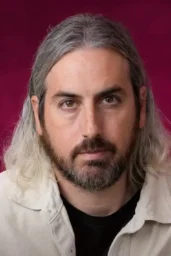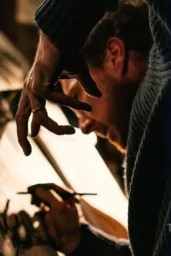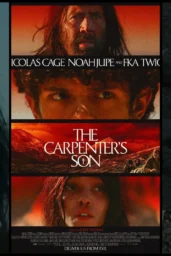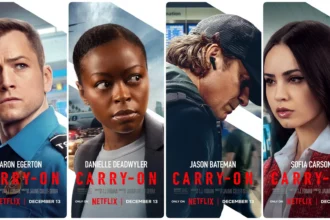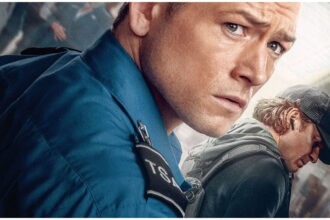I felt it in my chest before the credits even rolled: Smoke isn’t your typical crime-of-the-week show—it’s a moral wilderness. Set to drop June 27, 2025 on Apple TV+, this nine‑episode miniseries from Dennis Lehane (yes, the guy behind Mystic River and Shutter Island) is a slow-burning descent into identity, guilt, and flame-proof facades.
Scorched Earth Production
Swapping “Firebug” for “Smoke” after a Tribeca festival peek on June 12, the show premiered off‑book two episodes on the 27th, then dropped the rest weekly through August 15 . Shot around Vancouver and Maple Ridge, it’s drenched in Pacific Northwest gloom—heavy rain, muted greens, smoke‑fogged neon.
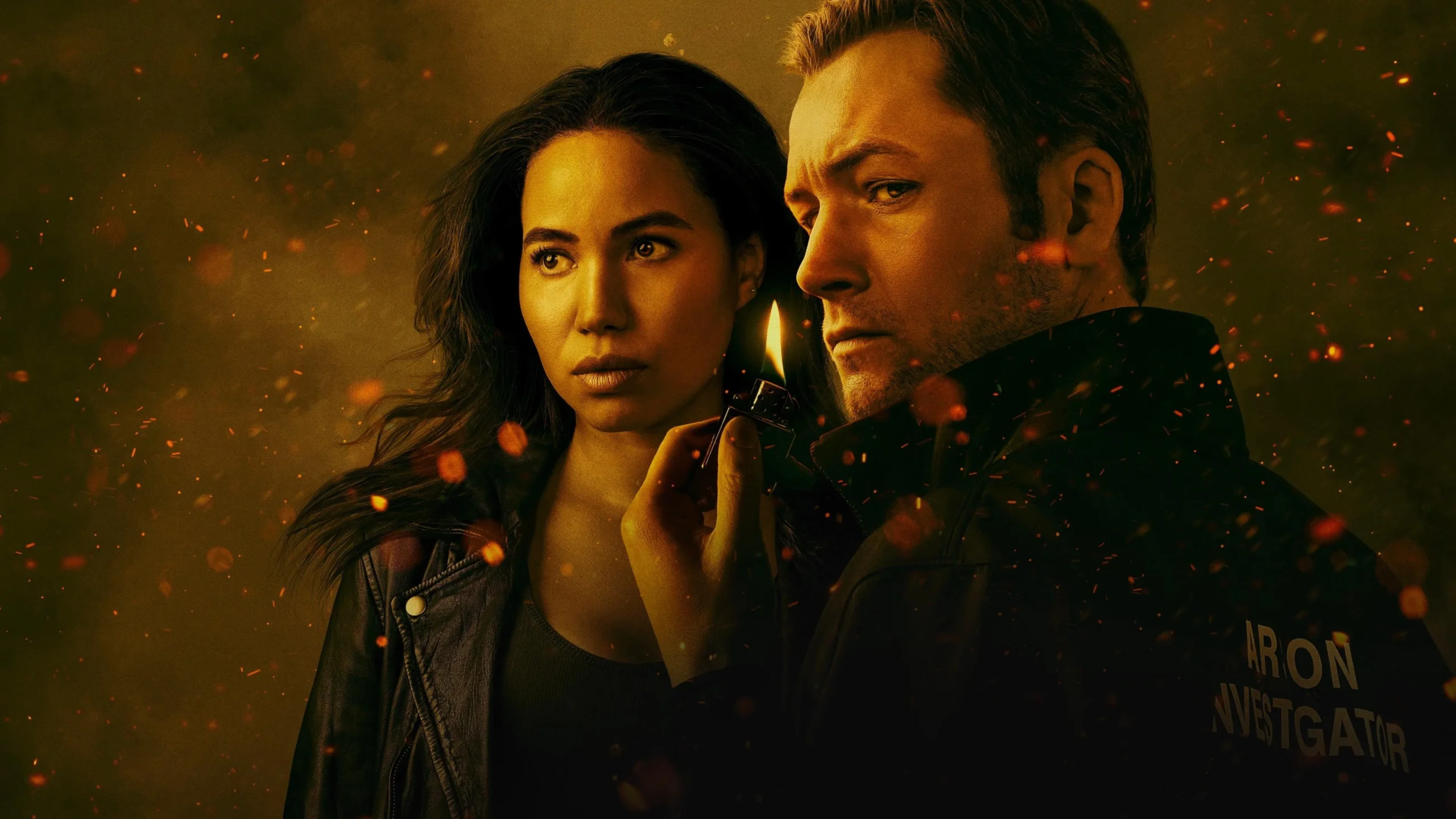
Characters Who Catch Fire
Taron Egerton plays Dave Gudsen: arson investigator, ex‑firefighter, and the show’s biggest twist. By episode 2, viewers learn he’s also one of the perpetrators—powering a shift from whodunit to why‑burn‑us‑down drama. It’s a gutsy move: one moment he’s hero, next he’s exploiter of fire’s chaos.
Then there’s Jurnee Smollett’s Michelle Calderone—a detective with a shattered past who breaks down her own front door with a sledgehammer, literally and emotionally. Their chemistry crackles. Their dynamic feels more human—and frayed—than most beefy cop‑partner thrillers.
Thematic Embers
Lehane, who survived a deadly fire in his 30s, shapes fire as a metaphor for self-destruction and denial. As NPR notes: “If you’re trapped in fire… it’s up to whims of the fire”. Smoke isn’t about putting out physical flames—it’s about the ones you carry inside. Credit the writers and directors (Skogland, Chappelle, McKay) for crafting a series that teases its burn slowly—and leaves you with burns you didn’t expect.
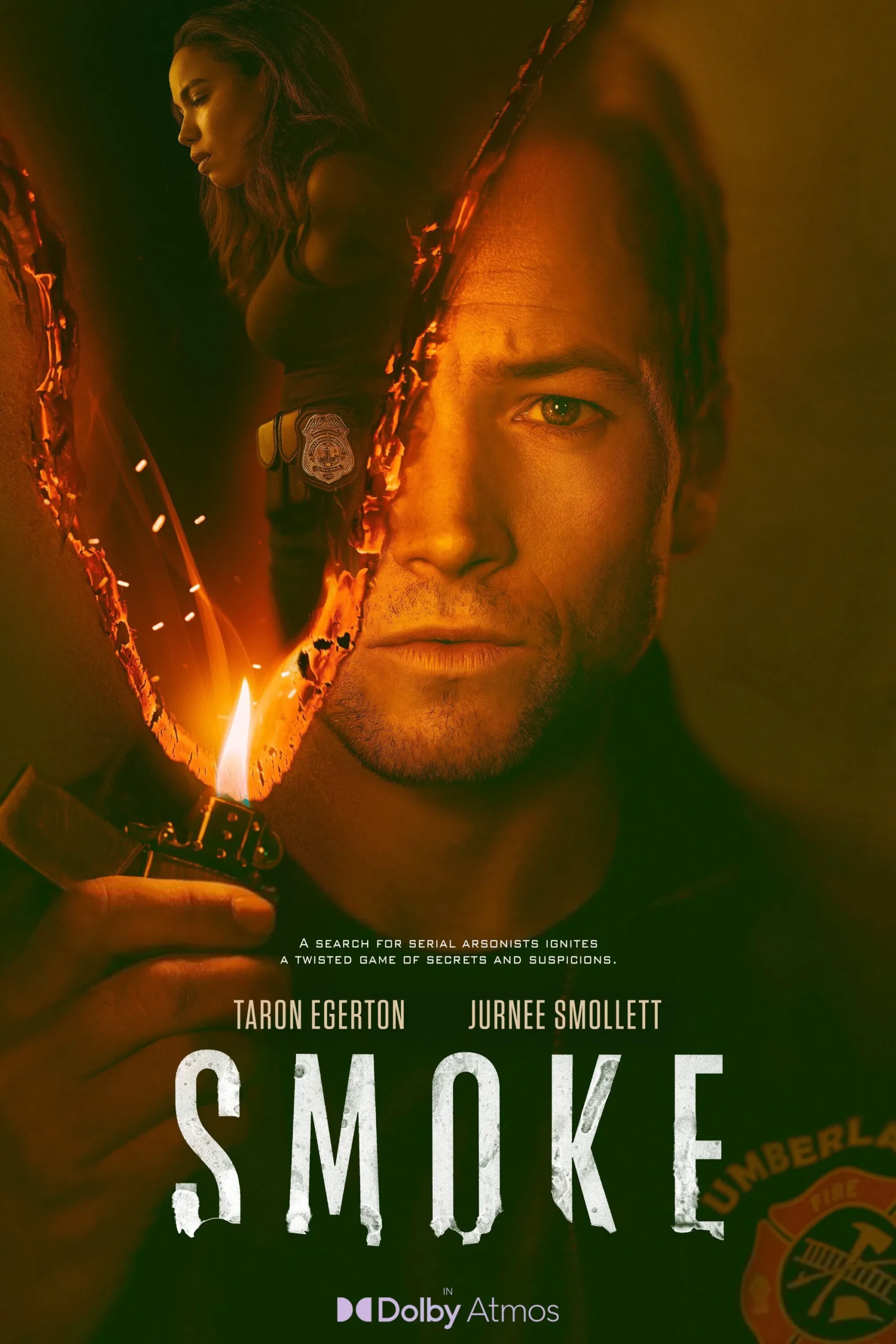
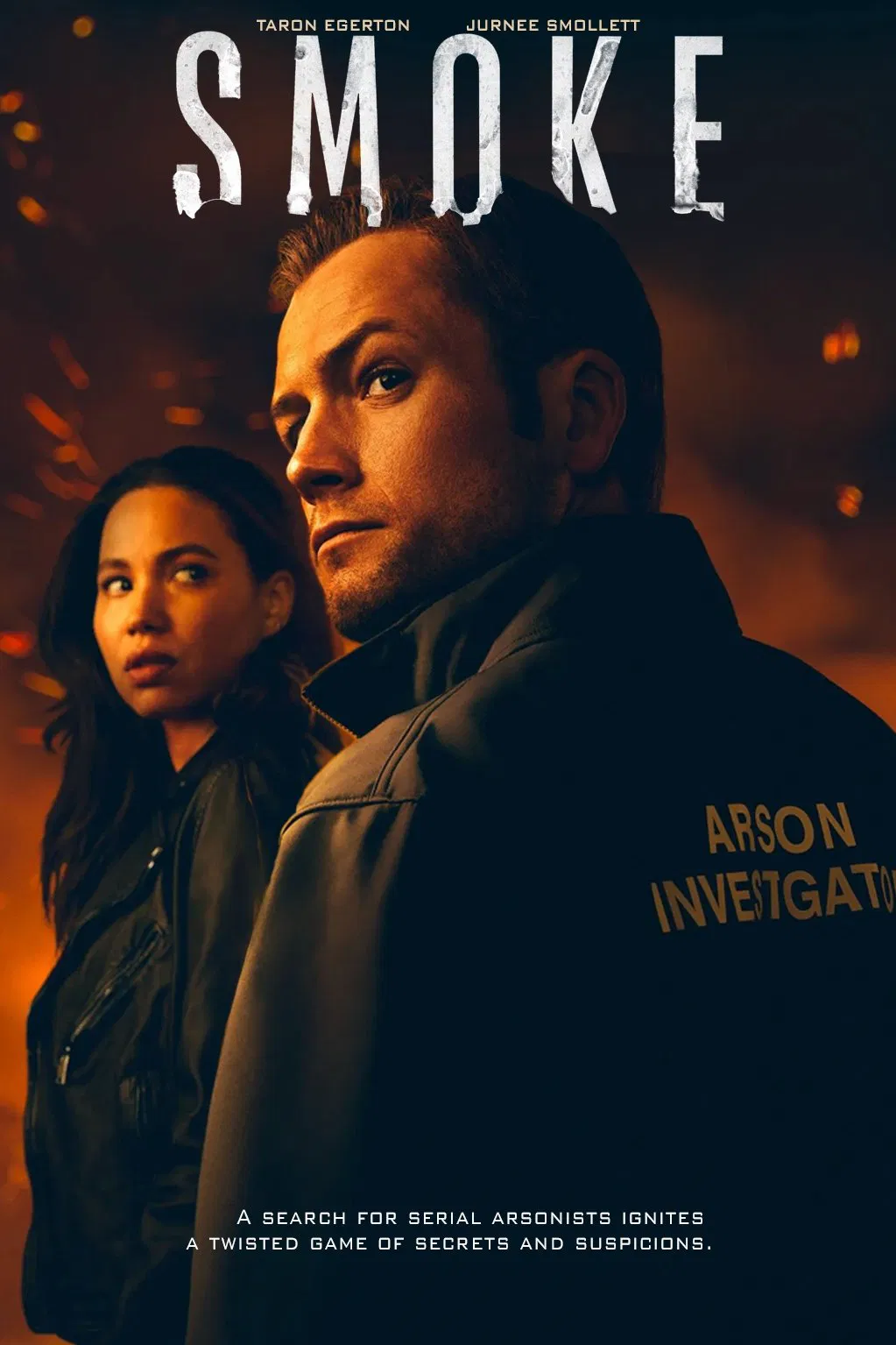
Why Slow Burn Works
Critics note it takes patience. The Guardian says it “rewards viewers brave enough to stick with its slower initial episodes”. Decider compares its mood to Mare of Easttown or Breaking Bad—but at a crawl, with a layer of ash under the surface. The score by Thom Yorke? Haunting. It’s more elegy than action thrum, but that suits the story.
Beyond Procedural Genre
What flips Smoke from genre to character-cut experience is the reveal: the arsonist and the detective aren’t just chasing killers—they’re chasing themselves. And that makes the series less “fire-fighting drama” and more psychological excavation. Instead of shocks, it offers reflection—and a haunting question: if you fight fire, do you risk becoming it?
Final Thoughts
I gasped. Actually, I gasped at Episode 2’s reveal. Then I leaned back and waited for the next ember—silence. It could’ve stayed a typical thriller. But when Dave lights that grocery-store blaze… it breaks you. It says: look, we’re not here for fireworks. We’re here to watch the flame eat its own rope.
Is it perfect? No. It’s too slow, sometimes wallows in mood. But in an era of binge-and-forget, Smoke dares to burn down the binge model. It burns slow. Too slow. But oh—does it scorch.
And yeah, it could be a masterpiece. Or just another moody miniseries. I’m torn. But I’m sticking around. Because something tells me—I’m not the only one.

